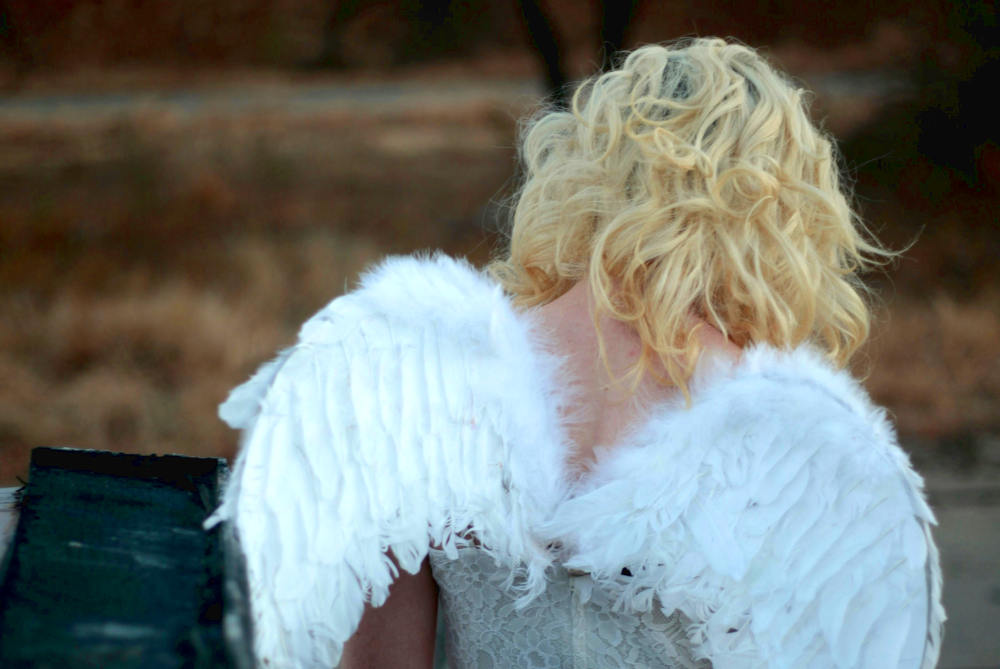
Furla is an Italian fashion retailer founded in 1927 in Bologna. The company focuses on quality and creativity to create luxury accessories for women and men.
Furla makes bags, accessories, wallets, watches, and jewelry. It operates more than 450 stores on the most prestigious international shopping streets across 100 countries where it does business.
Furla recognizes both its direct and indirect environmental impacts. It has committed to circularity and responsibility and chooses more sustainable raw materials.
Panaprium is independent and reader supported. If you buy something through our link, we may earn a commission. If you can, please support us on a monthly basis. It takes less than a minute to set up, and you will be making a big impact every single month. Thank you!
Sustainability Rating: 3/10
Rating FAQ
Category: Accessories, bags, jewelry
For: Women, men
Type: N/a
Style: Chic
Quality: High
Price: $$$
Sizes: N/a
Fabrics: Cotton, jute, viscose, acetate, polyester, nylon, polyethylene, polypropylene, acrylic, neoprene, polyurethane, rubber, leather, wool, silk
100% Organic: No
100% Vegan: No
Ethical & Fair: No
Recycling: Yes
Producing countries: not transparent enough
Certifications: GRS, FSC, LWG, ISO 45001
Sustainability Practices
Furla doesn't use organic fabrics but recycled materials such as recycled polyester. Most of its fabrics are natural without relevant certifications, such as regular cotton or synthetic petroleum-based fibers such as polyester, nylon, acrylic, and more.
Furla doesn't publish a list of its manufacturers and processing facilities on its corporate website. It doesn't disclose any information regarding how it chooses its network of suppliers.
The 2021 Fashion Transparency Index gave Furla a score of only 7% based on how much the group discloses about its social and environmental policies, practices, and impacts.
The Italian clothing retailer doesn't show any labor certification standard that ensures good working conditions, decent living wages, health, safety, and human rights for workers in its supply chain.
Furla has a code of conduct that applies to all its suppliers and subcontractors. It doesn't reveal if it conducts informal visits or third-party audits with or without notice to improve the working conditions in its factories.
Furla doesn't use any exotic animal skin, hair, fur, or angora. But it uses leather, wool, and silk to manufacture many of its products.
These animal-derived materials are cruel and unethical. They also harm the environment by producing greenhouse gases and waste. More sustainable alternatives exist.
Sustainability Goals
Furla has committed to reducing its environmental impact and implementing some social and environmental best practices from a sustainability point of view.
It uses increasingly more certified materials that guarantee transparency and high standards. It also uses more and more energy from renewable sources and sustainable packaging.
However, Furla doesn't have clear sustainability goals based on science-based targets with transparent timelines to improve in the future.
Reviews And Experiences With Furla
Have you had (good) experiences with shopping at or the products of Furla? Then leave us your rating below.
What We're Up Against
Multinational corporations overproducing cheap products in the poorest countries.
Huge factories with sweatshop-like conditions underpaying workers.
Media conglomerates promoting unethical, unsustainable products.
Bad actors encouraging overconsumption through oblivious behavior.
- - - -
Thankfully, we've got our supporters, including you.
Panaprium is funded by readers like you who want to join us in our mission to make the world entirely sustainable.
If you can, please support us on a monthly basis. It takes less than a minute to set up, and you will be making a big impact every single month. Thank you.






























0 comments